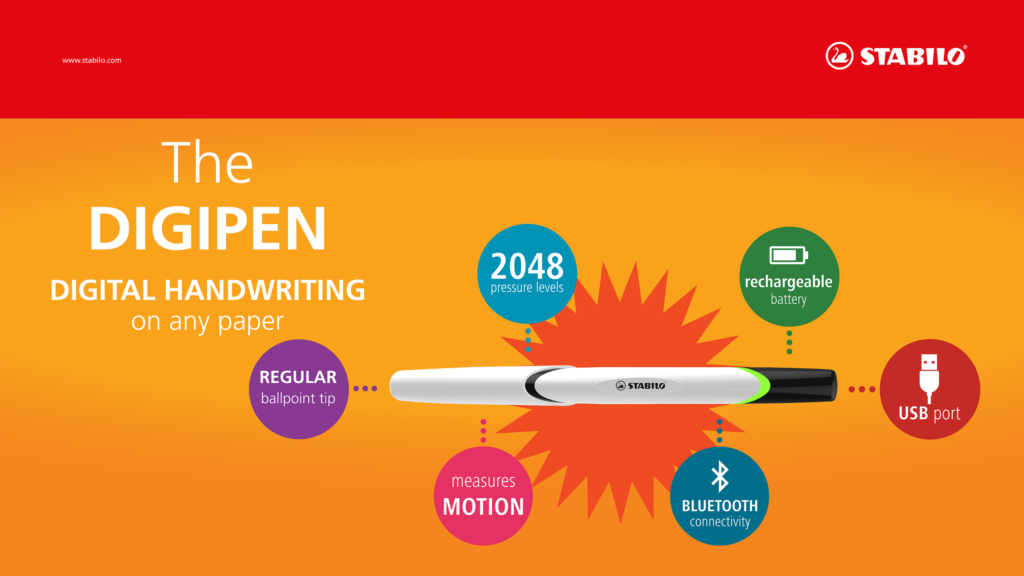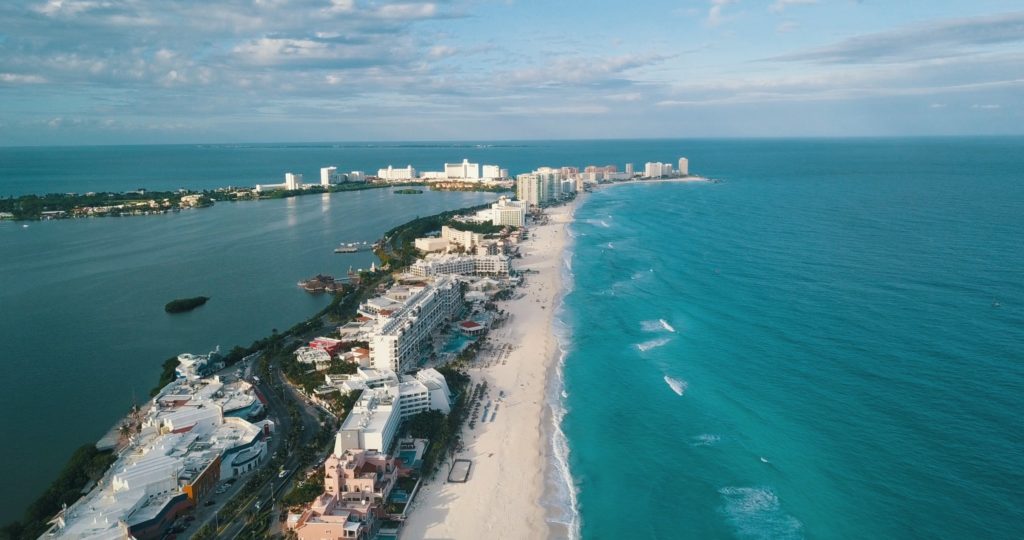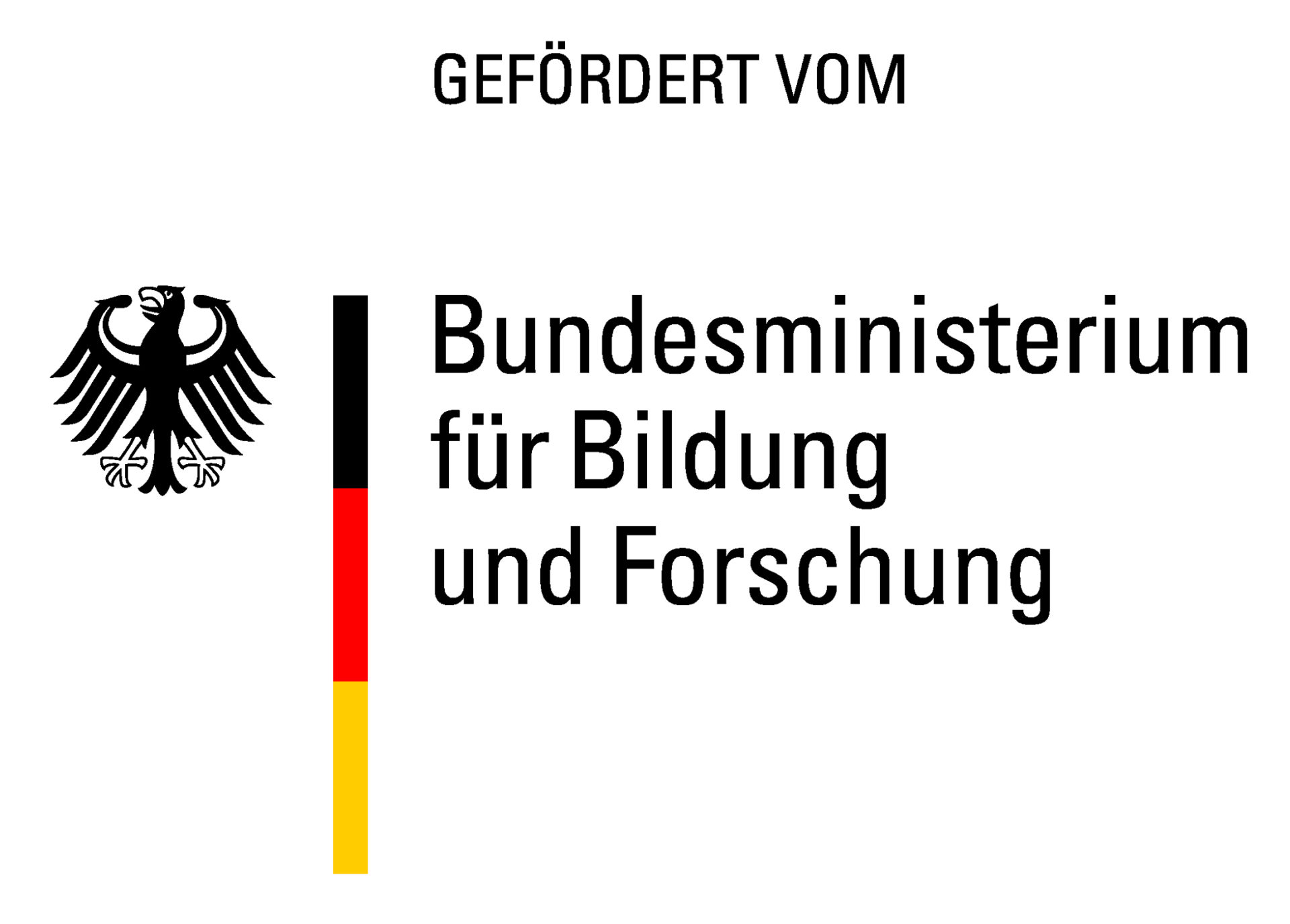The challenge finished already, but you can download a very similar dataset, the onHW-Dataset.


Teamed up with the University of Erlangen’s MaD-Lab (Machine Learning and Data Analytics) and the Fraunhofer IIS in Nuremberg, we have the honour of taking part in the Ubicomp 2020 conference with our Time Series Classification Challenge.
Covid-19 News:
Ubicomp 2020 will take place in a virtual manner. We are monitoring the situation closely and will inform the participants should the timeline or other modalities change.
Update 2020-05-13:
There will be only limited side events in the virtual 2020 conference. After discussing the situation with Ubicomp’s Challenge Chair, we had to make the decision to also move the STABILO challenge to next year.
Knowing that a challenge running for more than 1.5 years is not feasible for many participating teams, we kept the current challenge running until step 2 but did not publish stage 3 data.
Next year, we will propose a modified challenge.
Navigate to “Competition Details” for the updated 2020 timeline and prizes.

What’s Ubicomp? It’s a renowned computer science conference that will be held in Cancún, Mexico, in 2020. It’s really called ACM International Joint Conference on Pervasive and Ubiquitous Computing and is colocated with ISWC 2020. ¡Viva México!
What’s the challenge? We built a sensor-equipped pen that writes on normal paper. We challenge you to build a classifier that takes this pen’s sensor data and recognizes the letters that were written. Think high-dimensional variable-length time series classification. ¡Dios mío!
What’s in it for me? We know that you care mostly about your never-ending glory that you earn if your team wins this thing. Anyway, we’re adding goodies as well, like travel support and prize money for the three best teams. 16200 USD overall. These have now been transferred to the 2021 challenge. ¿Por qué no?

What’s the data like? Raw. Multi-variate. Sequency. More info here. ¡Veremos!
What’s the timeline? There were different stages of increased difficulty, starting at the end of January 2020. At the end of the second stage, the algorithms of the three best teams have been evaluated by us and the winning teams have been notified. ¡Ay!
How can I join? This years challenge has ended already. ¡lástima!
But don’t despair! We are already preparing the challenge for next year. Details will be published later and the data for the first step can be downloaded from January 2021 on. To receive the news, simply check back early next year and register your team, and get a download link to the dataset and start coding your time series classificator.
